How Safe Is Costa Rica?
Costa Rica has become one of the most popular expat and digital nomad destinations in Latin America, known for its natural beauty, relaxed lifestyle,...
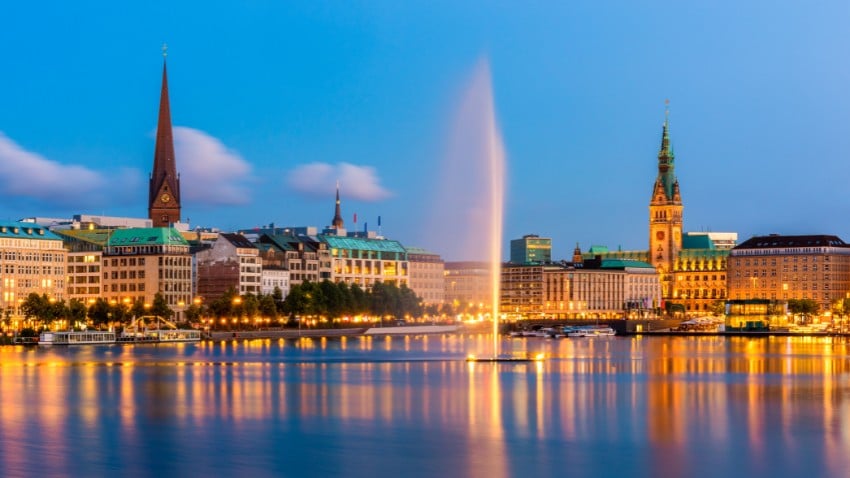
7 min read
Germany is a Central European country. It is the European Union's most populous member state. Germany is located between the Baltic and North Seas to the north and the Alps to the south; It has the largest European economy and the third-largest land area, totalling 357,022 square kilometres (137,847 square miles).
Germany is bordered to the north by Denmark, to the east by Poland and the Czech Republic, Austria and Switzerland border it to the south, while France, Luxembourg, Belgium, and the Netherlands border it to the west. The nation's capital and the largest city by population are Berlin, and its financial hub is Frankfurt.
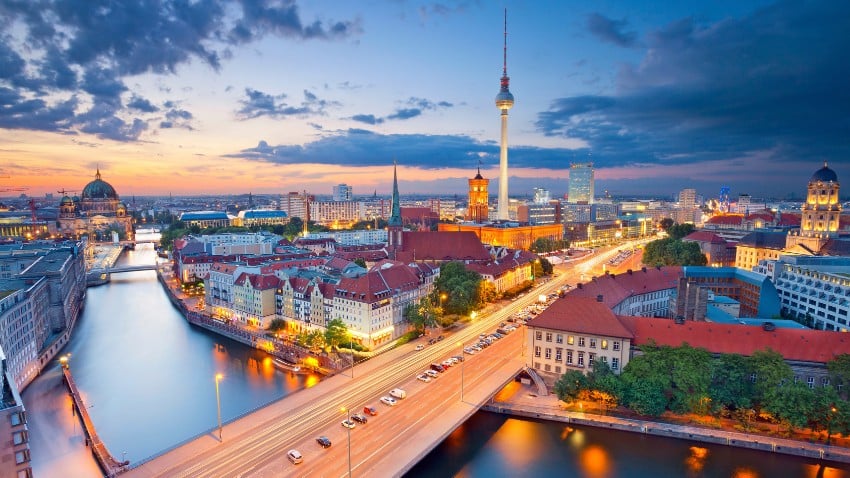
Berlin, Germany
Germany has such a rich history and culture that listing every unique attraction and place to visit would be impossible. Nevertheless, some of the top attractions you must see while living in Germany are Brandenburg Gate in Berlin, Cologne Cathedral in Cologne, The Black Forest in Southern Germany and Oktoberfest in Munich.
Germany has now joined several other European countries in regulating remote work and encouraging young professionals and entrepreneurs to relocate to the country. One of the main reasons the government is pushing for programs to attract young residents is the country's declining birth rate.
The German digital nomad visa is more than just a visa. It is a temporary residence permit that allows you to live in the nation and is an excellent stepping stone toward permanent residency. Although it takes around three years to become a permanent resident in Germany, some foreigners have utilized the German freelancing visa to begin living in Germany while working remotely.
If you wish to live in Germany as a digital nomad, the first step is to apply for a German digital nomad visa. But due to German bureaucracy, obtaining one may be difficult and frequently stressful. But it'll all be worth it if you want to live in one of Europe's most beautiful nations.
Related content: Obtaining German Permanent Residency in 4 years.
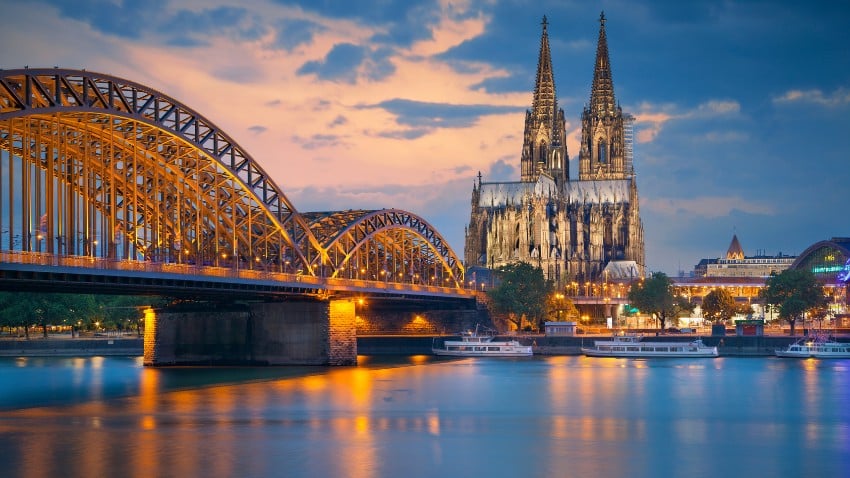
Cologne Cathedral and Hohenzollern bridge across the Rhine River, Germany
In Germany, the digital nomad visa is officially known as the German Freelancer Visa or Freiberufler Visa. It acts as a residency permit, enabling you to live and operate as a freelancer in Germany. This visa is classified into two types:
German Freelancer visas are likewise divided into two kinds. You should apply based on your profession. The first kind of visa is the freelance employment visa (Freiberufler), which is better suited to digital nomads. It applies to professionals whose occupation contributes positively to Germany's culture and economy. Writers, artists, physicians, teachers, engineers, architects, journalists, veterinarians, and lawyers are among the examples. The second kind of visa is the visa for self-employment (Selbständiger). You can obtain this visa if you own or run a business and:
Related content: What Is A Digital Nomad Visa And How Can You Get One?
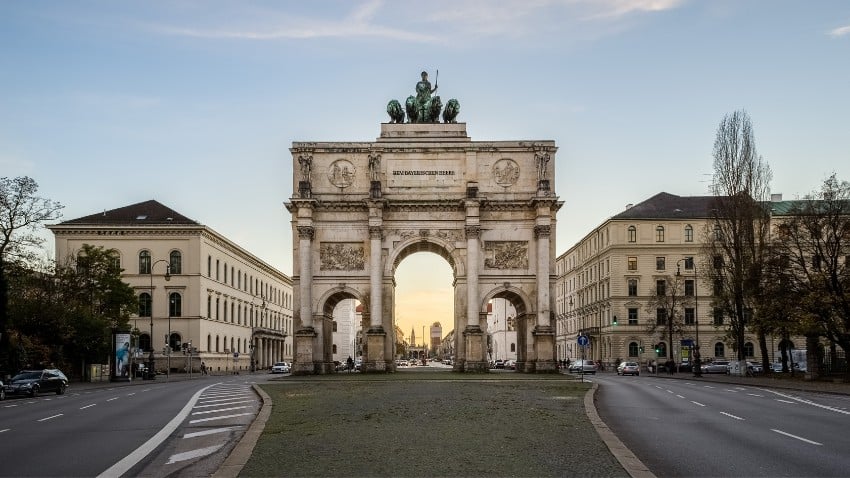
Munich, Germany
If you meet the requirements for the German Freelance Visa and have a certified professional, you may apply for the German digital nomad visa. Apart from being a qualified professional, you must also satisfy the following requirements:
If you are above the age of 45, you must have an acceptable pension plan. However, This implies that by the age of 67, you must have the following:
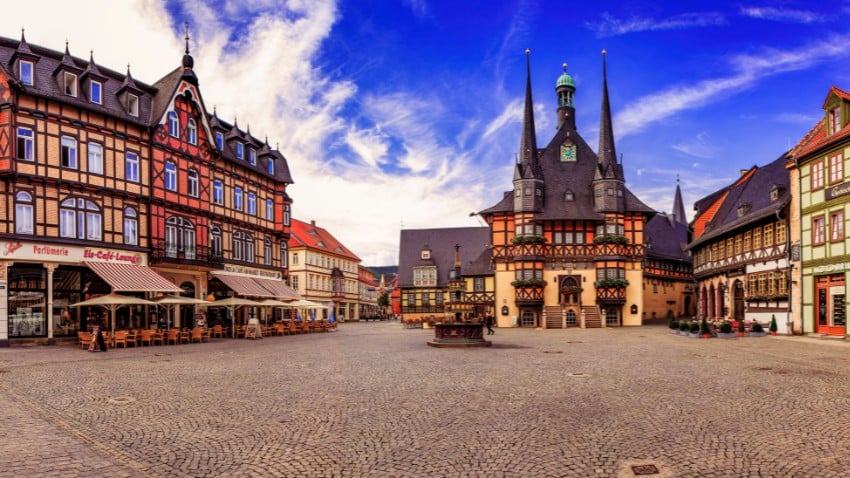
Marketplace in Wenigerode, Germany
The German digital nomad visa is divided into two types. You should contact the nearest German Embassy to apply for a Freelancer Visa. You must apply for a National (D-Type) visa to work or freelance. The application procedure varies per Embassy, but you should follow these steps:
Once your application is approved, the embassy will give you a freelancer entrance visa. The visa is valid for three months, during which you must visit Germany and apply for a residence permit, which will replace the visa.
You do not require an entry visa if you are from the United States, Australia, Canada, Israel, Japan, New Zealand, or South Korea. You may simply fly to Germany, get lodging and health insurance, and register with the tax office. Then, go to the Ausländerbehörde (Germany Immigration Office) and apply for a Freelancer Residence Permit.
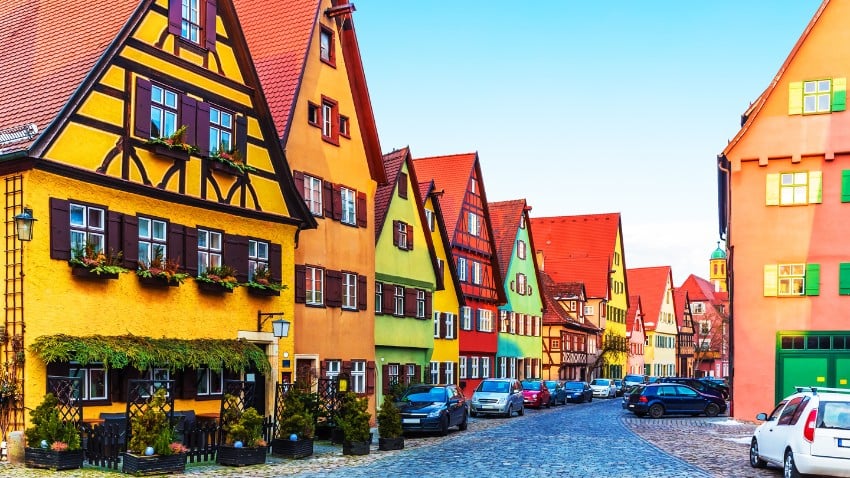
Dinkelsbuhl, Germany
You may apply for a Freelancer Residence Permit if you have all the essential credentials and tax numbers. To apply, you should follow these steps:
You may begin working after obtaining the Freelancer Residence Permit, the last stage in the visa procedure.
Related content: The Basics Of How To Get A Second Passport Or A Second Residency.

Kristin Castle in Germany
When applying for a Freelancer Visa in Germany, you must submit the following documents to the Ausländerbehörde (German Immigration Office):
You must translate these documents into English or German. If they are not, ensure that you translate them.
Relevant articles: Portugal Digital Nomad Visa, Romania’s New Digital Nomad Visa For Expats.
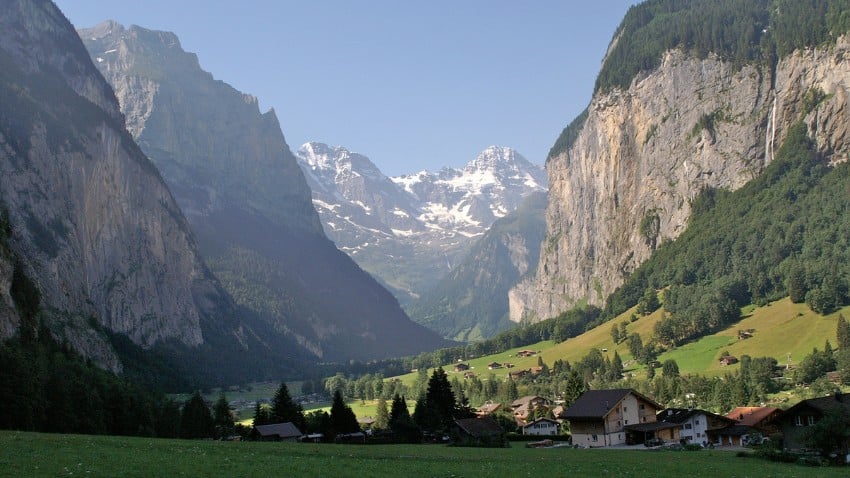
Jungfrau Alps, Germany
The processing period for German visas varies based on the visa, but it may take as little as one month or as long as four to five months, so do your research before booking a flight. Allow a few months to gather all of your papers and hear back from the embassy on the status of your application.
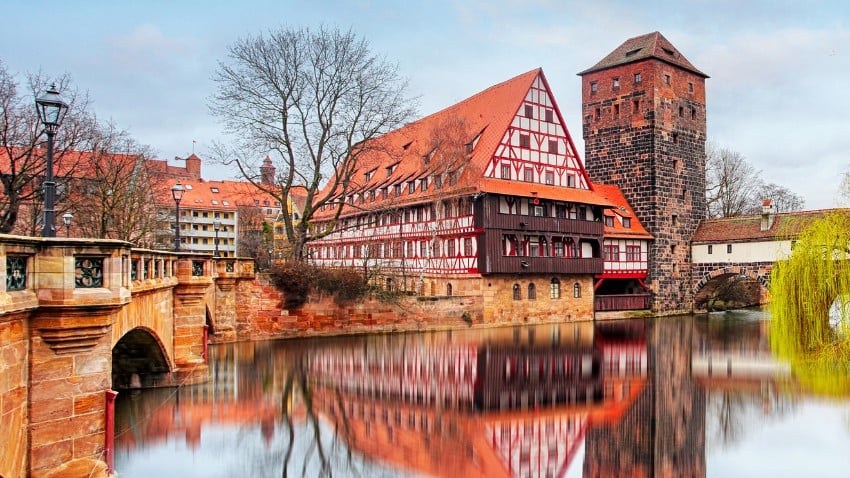
Nuremberg, Germany
Germany is one of the nations where international freelancers must register with the tax authorities. As a freelancer in Germany, you must pay two taxes:
While paying taxes adds a degree of complication to working as a digital nomad in Germany, it also goes hand in hand with all of the advantages that residing in one of Europe's largest economies offers.
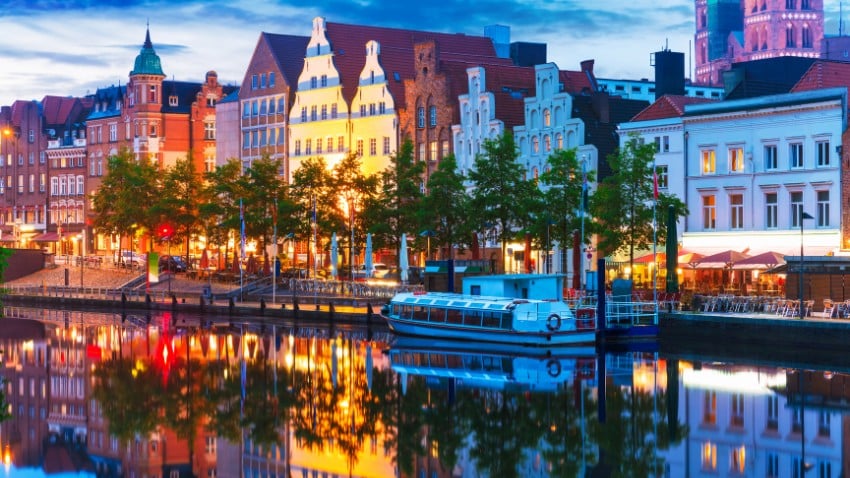
Lubeck, Germany
Germany is an excellent place to reside for digital nomads. It is culturally rich and has enough internet speed, which is critical for digital nomads. Furthermore, the transportation system is quite effective and fast, enabling you to effortlessly go from one city to another when on a break from work.
You may live in the busy metropolis of Hamburg or Berlin or the snow-capped Alps of Bavaria. You can anticipate a good standard of life as a digital nomad in Germany regardless of where you base yourself. Despite being one of Europe's critical economic actors, living as a digital nomad in Germany is cheaper than in other European nations. You can spend an average of $3,912 USD per month in Berlin. Apartments are priced at $1,362 USD per month.
There is a lot to do across the nation when you are not at work. Aside from seeing the country's major landmarks, you may relax in a beer garden and have some cold drinks. If you feel you are eligible to operate as a freelancer in Germany, you should apply for a digital nomad visa in Germany.
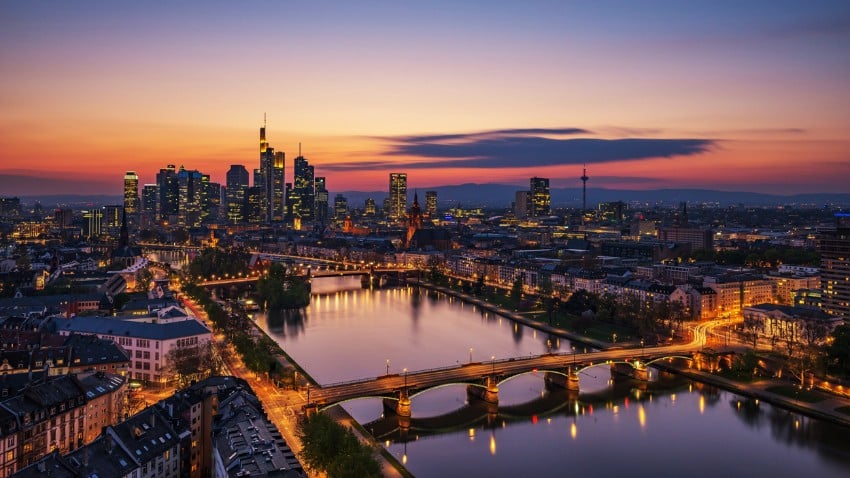
Frankfurt, Germany
In general, Germany is a safe place to visit. The crime rate is minimal, and the law is typically observed. Of course, like any large metropolis, you must take care to prevent minor crimes. To avoid pickpocketing, always keep an eye on your things. Many cities in Germany are as safe as or safer than those in the rest of Europe.
-Dec-06-2022-03-08-11-8604-PM.jpg?width=850&height=478&name=Copy%20of%20Articles%20(850%20%C3%97%20478%20px)-Dec-06-2022-03-08-11-8604-PM.jpg)
Berlin, Brandenburg Gate
Germany is a beautiful destination for digital nomads, with a strong nomad community and an excellent visa for freelancers and digital nomads. If you want to relocate to a beautiful and sophisticated European nation, living as a digital nomad in Germany is an exciting possibility. The nation has a growing population of digital nomads, and you can find them congregating in coworking spaces in major cities such as Berlin. In summary, Germany has a lot to offer. So, if you wish to experience its lovely lifestyle, you should apply for a digital nomad visa.
If you want the best intel from the expat world, including profitable offshore opportunities, little-known tax-saving strategies, and hard-won insights on immigration, passports, and Plan-B residencies, all delivered to your inbox every single week, then join our daily correspondence, EMS Pulse®. Currently enjoyed by over 84,000 expats and expat-hopefuls worldwide. Fill in the form below to join our newsletter free:

Written by Mikkel Thorup
Mikkel Thorup is the world’s most sought-after expat consultant. He focuses on helping high-net-worth private clients to legally mitigate tax liabilities, obtain a second residency and citizenship, and assemble a portfolio of foreign investments including international real estate, timber plantations, agricultural land and other hard-money tangible assets. Mikkel is the Founder and CEO at Expat Money®, a private consulting firm started in 2017. He hosts the popular weekly podcast, the Expat Money Show, and wrote the definitive #1-Best Selling book Expat Secrets - How To Pay Zero Taxes, Live Overseas And Make Giant Piles Of Money, and his second book: Expats Guide On Moving To Mexico.
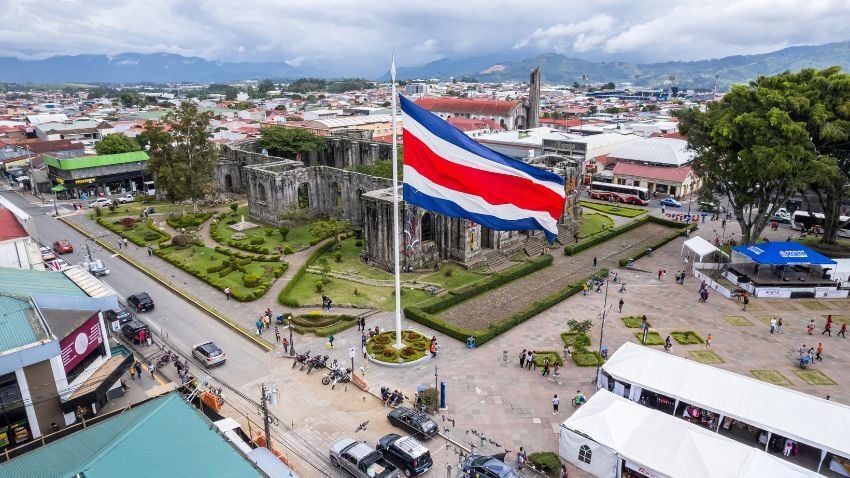
Costa Rica has become one of the most popular expat and digital nomad destinations in Latin America, known for its natural beauty, relaxed lifestyle,...

Mexico remains one of Latin America’s most compelling destinations, especially for North Americans. More than a million expats call it home, and tens...

South Korea is far more than K-pop and K-dramas. It is a country known for outstanding food, from bustling street markets to high-end dining, as well...